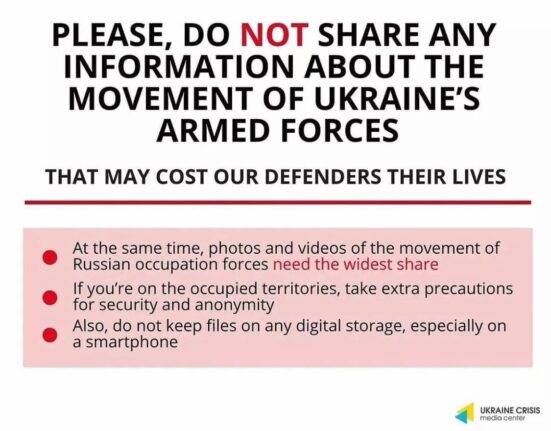President Trump recently expressed his disappointment in Vladimir Putin during a meeting with Israeli Prime Minister Benjamin Netanyahu at the White House. Netanyahu even suggested Trump for the Nobel Peace Prize, handing him a copy of the letter he sent to the Nobel Committee. Trump, visibly touched by the gesture, emphasized the importance of the recognition coming from Netanyahu. This meeting marked the third encounter between Trump and Netanyahu this year, where discussions ranged from peace prizes to the situation in Ukraine.
During the meeting, Trump also addressed the ongoing conflict in Ukraine, stating the United States’ intention to send additional weapons to the country, primarily defensive arms to aid in their defense. This decision came shortly after the U.S. announced a partial halt in arms shipments to Ukraine due to depleting stockpiles. Trump reiterated his disappointment in Putin, emphasizing that the Russian president has not ceased his actions.
In response to questions about Trump’s plans regarding Gaza, he deferred to Netanyahu, who highlighted the importance of allowing individuals the freedom to choose where they live. Netanyahu also emphasized the collaboration between the U.S. and Israel in seeking better futures for Palestinians. However, discussions regarding the forced relocation of Gazans sparked condemnation from Arab states, labeling the act as ethnic cleansing and a war crime.
Netanyahu made it clear that any potential peace agreement between Israel and Hamas would not involve the establishment of a Palestinian state. When asked about obstacles to a peace deal with Hamas, Trump expressed optimism, believing that progress was being made and that Hamas was willing to engage in talks for a ceasefire. The desire for a peaceful resolution was evident in both leaders’ statements, despite the complex challenges they faced.
The decision to send more weapons to Ukraine underscores the complex geopolitical dynamics at play and the ongoing tensions in the region. It also sheds light on the delicate balance of power and alliances in the global arena. As leaders navigate these intricate diplomatic waters, the implications of their decisions extend far beyond their immediate actions, influencing broader international relations and regional stability.
In conclusion, the interactions between Trump, Netanyahu, and the discussions on Ukraine and Gaza highlight the complexities of international diplomacy and the challenges of achieving lasting peace in conflict-ridden regions. The decisions made by world leaders have far-reaching consequences, shaping the geopolitical landscape for years to come.









Leave feedback about this